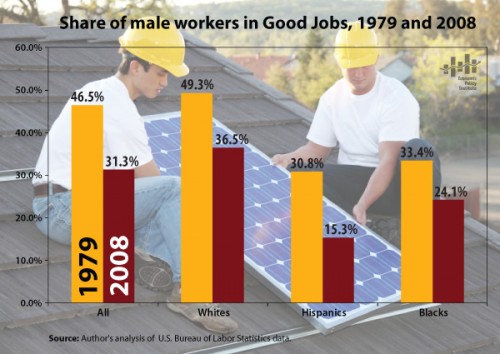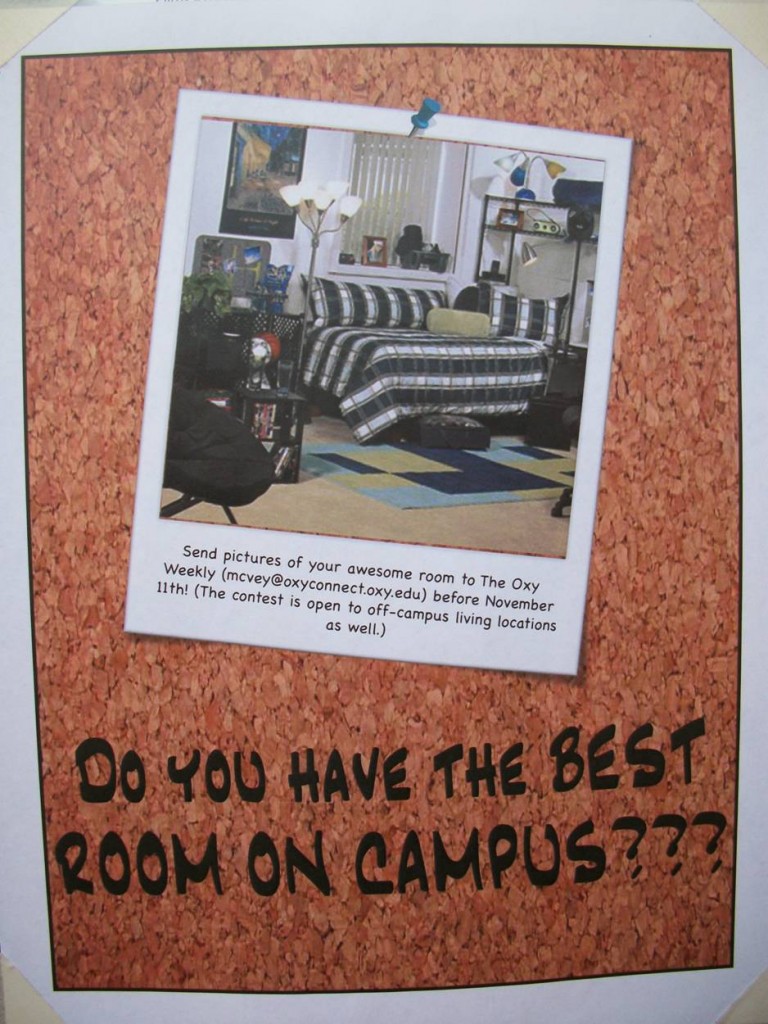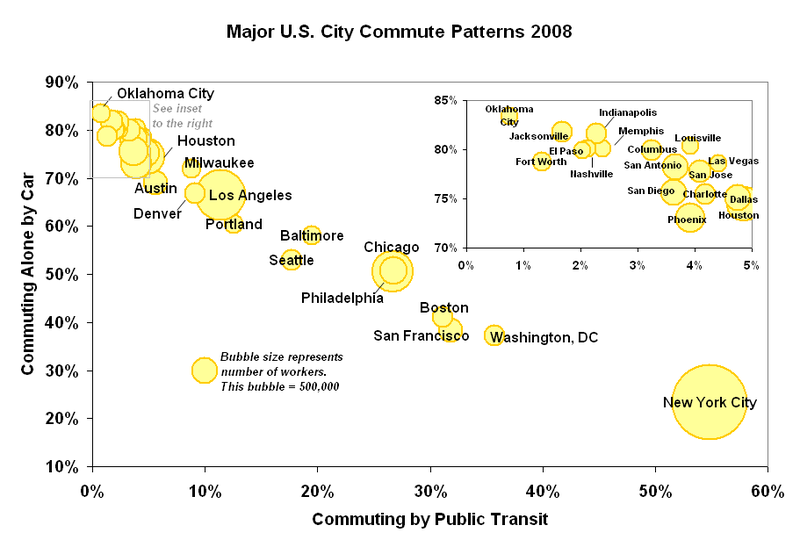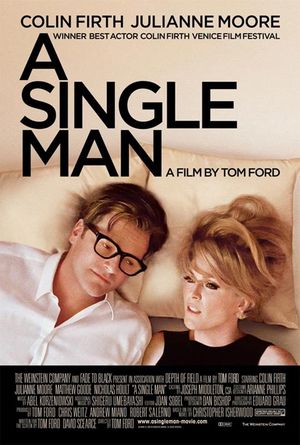Amanda C. caught John McCain with some interesting presumptions! The contact part of his webpage has a drop down menu for the senders’ honorific(s) (see a close up below):

Close up:

So, the list is heteronormative (no “Mr. and Mr.” or “Ms. and Ms.”).
Further, because no write-ins are allowed, it also forces people who aren’t gender-typical to choose a gender if they want to send McCain a note.
And it bizarrely erases women doctors (no “Mr. and Dr.” or “Dr. and Mr.”).
Nice catch, Amanda!
UPDATE: After seeing this, Danielle F. sent in a screenshot of the honorifics choices that came up when she ordered tickets to “The Nutcracker” at the Detroit Opera House:

So you could theoretically be a single female Rev., Col., Capt., and so on, but the married versions of those all assume a female spouse. Notice they also have a listing for King, but not Queen. I guess they get a lot of male royalty at the Detroit Opera House.
—————————
Lisa Wade is a professor of sociology at Occidental College. You can follow her on Twitter and Facebook.




